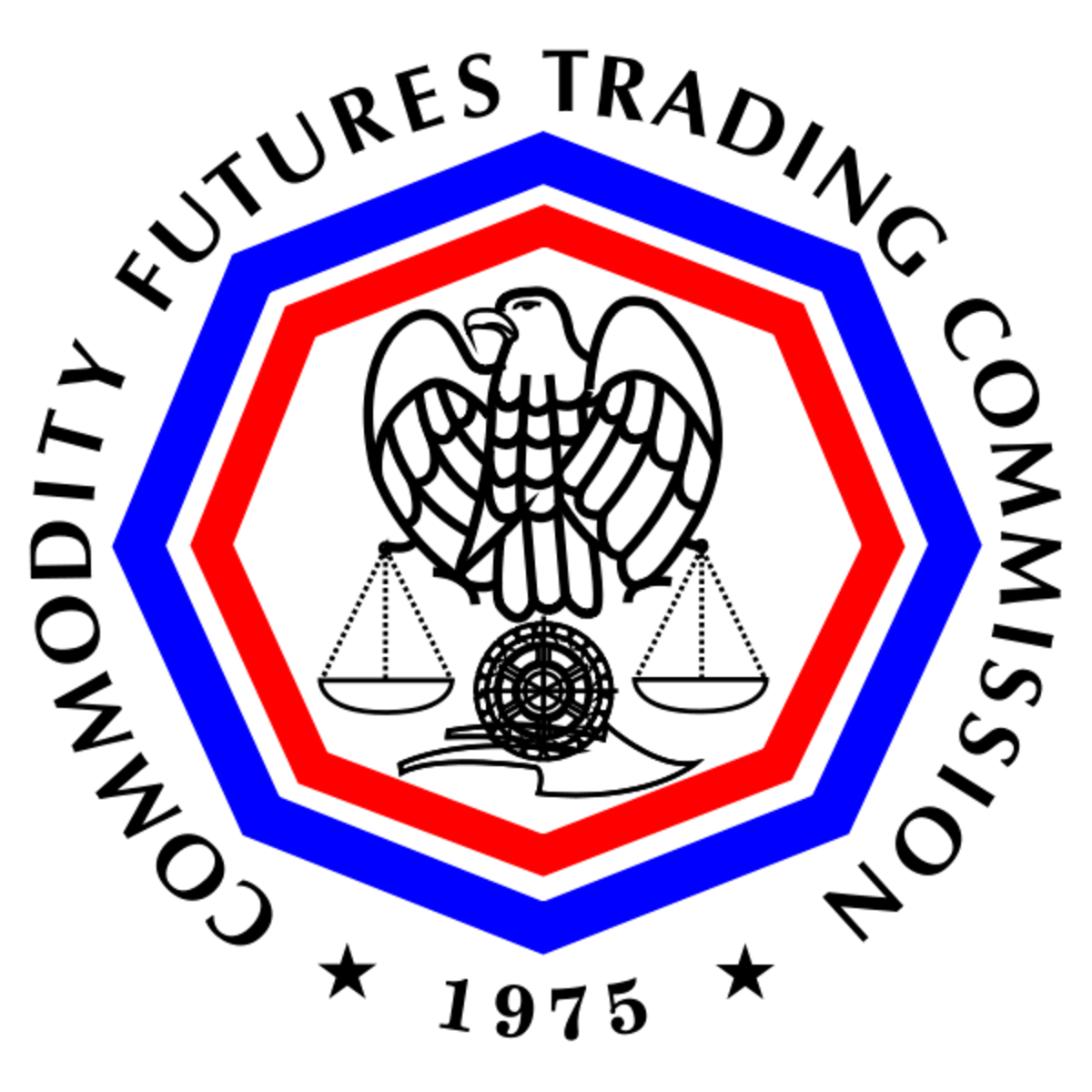
Getting a phone call from someone’s compliance or general counsel’s office acknowledging some technical violation of the rules is instantly one of the best days in any regulator’s year. A fine, however modest, can be assessed, indicating one’s effectiveness, without recourse to a tedious investigation, unpleasant negotiations with lawyers who are quite frankly better than you or having to convince judge or jury of the justness of your cause, however thin the evidence. Even FINRA manages to not screw it up (usually), and everyone’s very happy to look like their doing something without actually doing anything.

